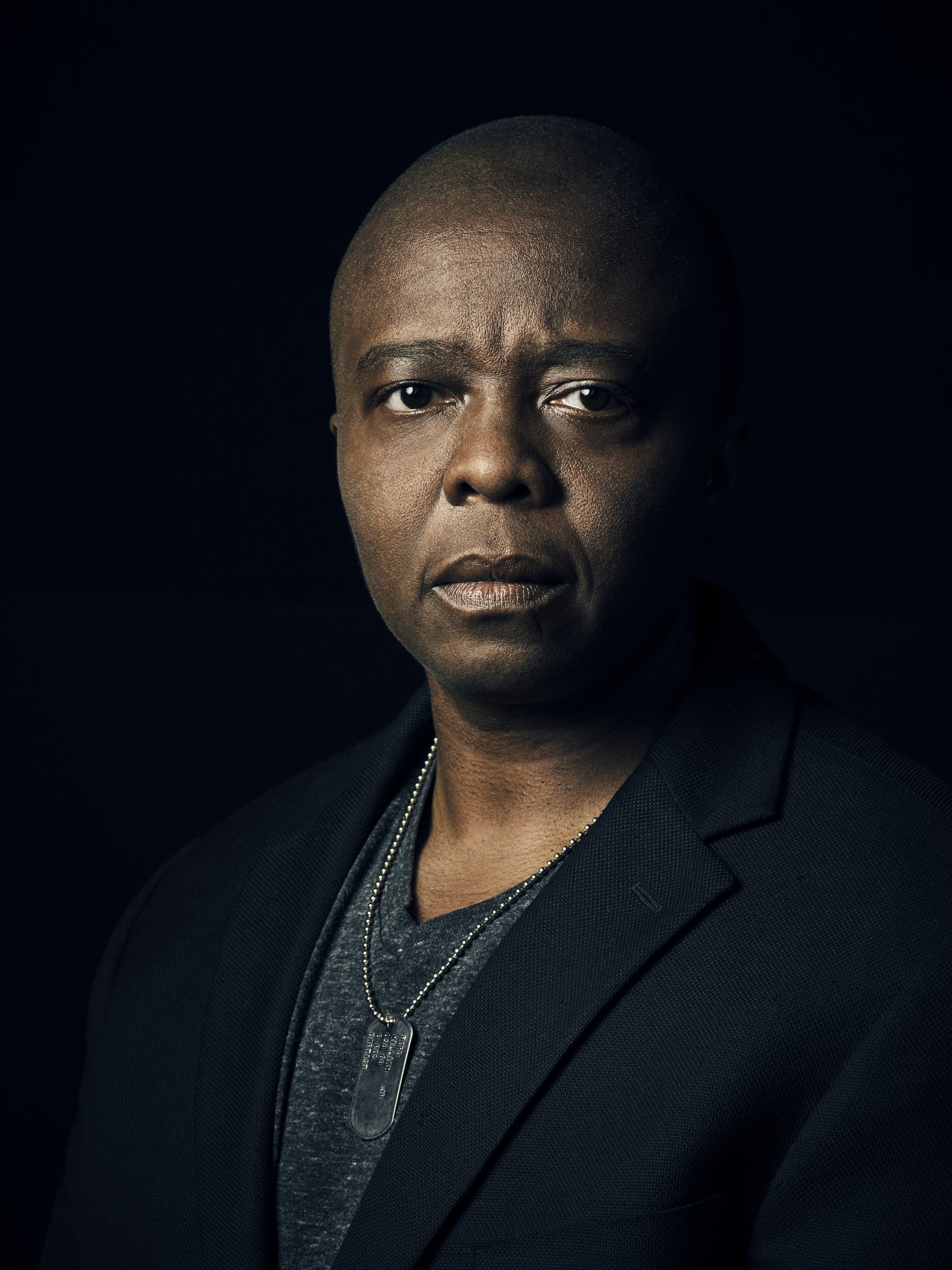“Is This What Police Are For?” | Yance Ford, POWER
Courtesy of Netflix.
In the United States, police have been granted extraordinary power over our individual lives. The police determine who is suspicious and who ‘fits the description.’ They define the threats and decide how to respond. They demand obedience and carry the constant threat of violence. Thousands of these interactions play out in our cities and towns every day, according to real and perceived ideas of criminality and threats to social order—as decided by the police. Police make the abstract power of the state real.
POWER traces the accumulation of money, the consolidation of political power, and the nearly unrestricted bipartisan support that has created the institution of policing as we know it.
Screening Thursday, May 9, at 4:00 p.m. at the Music Box Theatre (get tickets here), as part of this year’s Chicago Critics Film Festival, Yance Ford’s film offers a visceral and immersive journey to demonstrate how we’ve arrived at this moment in history, from the slave patrols of the 1700’s and the first publicly funded police departments of the 1800’s to the uprisings of the 1960’s and 2020’s.
Ahead of POWER screening at the Chicago Critics Film Festival, Yance Ford graciously took the time to answer this year’s CCFF filmmaker questionnaire. Below, his individual responses.
How did you first become interested in filmmaking? What was your path toward directing your first film?
I came to filmmaking though photography and, in fact, I didn’t go to film school. Third World Newsreel, here in New York City, offers a film production workshop where I learned to shoot on 16mm and edit on a Steenbeck. When I played my first reel of film, I was hooked. There was nothing like seeing and hearing what I framed in camera come alive. Once I had that skill under my belt, my next thought was, “How do I make a film about my brother?” Which set me on the road to making my first feature, Strong Island.
Courtesy of Yance Ford.
What inspired you to make the film you're bringing to the festival?
In 2020, after the murder of George Floyd, there were so many things running through my head, including the basic question of “Is this what police are for?” And as protests were happening around the country, that question led to dozens more. That inquiry began the research that would lead to POWER.
Courtesy of Netflix
Tell us about a film that you consider a guiding influence (whether it has informed your overarching vision as a filmmaker, directly informed the title you're bringing to the festival, or both).
Marlon Riggs’ body of work in general, and his film Tongues Untied in particular, is a huge influence for me. Tongues Untied is an “essay” while also an incredible reimagining of the documentary form. In my work, I’ve used my voice as an element, but I’ve also pushed resisted traditional notions of documentary film in favor of a visual language that feels authentic to me.
Tell us about a location that's held significance to the film you're bringing to the festival: a setting where filming took place, a geographic area that provided a source of inspiration, or another type of space that comes to mind for you in thinking about the film. What made this place so special?
The most significant location in the film is Minneapolis. Even though we don’t go to the site of George Floyd’s murder in the film, that fact that we are in the same city can’t be downplayed. Minneapolis is a special place, because there are so many people working in their communities to make the Criminal Legal system into something other than a pipeline for incarceration. There are also people like Inspector Adams doing the best they can within the confines of an institution that does not share the goals of the community.
The theatrical experience brings us together to celebrate artistic experience and expand our horizons as human beings. Tell us about a memorable theatrical experience from your life.
I will never forget seeing Star Wars at the Ziegfeld Theater in New York City. I was little, but I remember it so clearly: standing in line outside, the red plush seats, the amazing red curtain. And when the lights went down, and the curtain parted, I was transported to another galaxy. Only cinema can do that.


